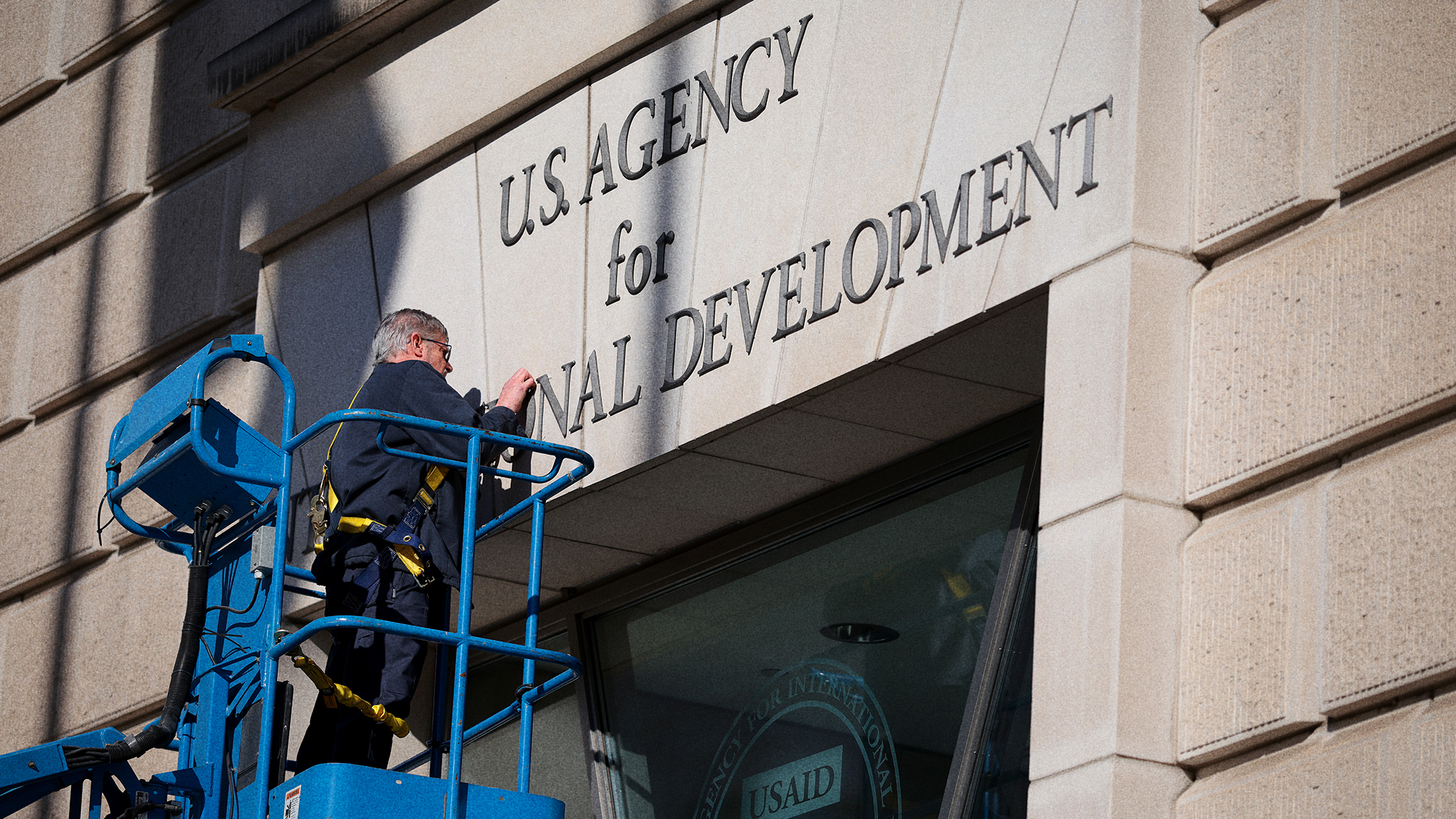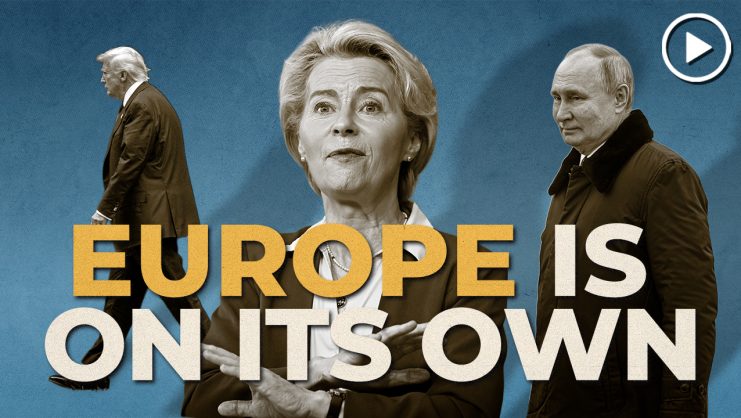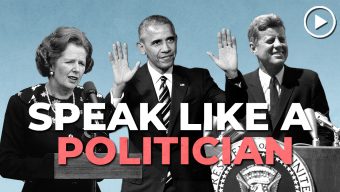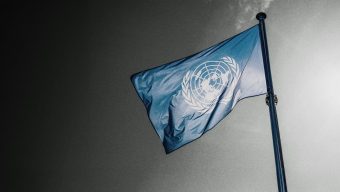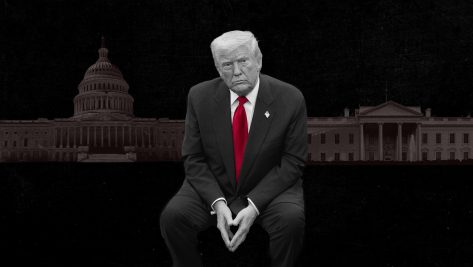The Trump administration took office just a few weeks ago yet it has already dismantled the United States Agency for International Development (USAID). The gravest consequence of this decision is that it fundamentally undermines the very notion of solidarity with its “America First” policy. This approach stands in stark opposition to the principle of leaving no one behind, a commitment that the countries of the world made just a decade ago as part of the 2030 Agenda.
Since 1945, international aid has been a linchpin of the multilateral system, supported by all US presidents, regardless of party affiliation. At the first United Nations conference in San Francisco, President Truman famously stated: “If we do not want to die together in war, we must learn to live together in peace.” At the time, in the wake of the Second World War, the United States accounted for 50% of the world economy and financed a significant portion of the world’s public organizations. Today, its share has dwindled to barely 20%, and it has chosen to focus on its domestic interests, forfeiting one of its most strategic power tools: international cooperation.
The withdrawal of US funds has had an immediate and devastating impact on the multilateral system. Funding for key agencies such as the World Health Organization (WHO) and the United Nations Relief and Works Agency for Palestine Refugees in the Near East (UNRWA) has dried up, while UNICEF has had $1.2 billion of its budget frozen. In Afghanistan, the closure of the Maternal and Newborn Health Fund, run by the United Nations Population Fund (UNFPA), has left 1,700 Afghan health workers unemployed. In Somalia, thousands of children no longer receive tuberculosis vaccinations.
Thousands of USAID employees and their families have been abruptly displaced, forced to leave their posts and return to the United States. Meanwhile, tons of food intended for humanitarian crises sit rotting in storage.
Beyond the impact on millions of lives, this decision delivers a crushing blow on a symbolic level. In essence, two plutocrats have pulled the plug on the world’s largest development agency without congressional discussion, justifying their decision with jokes and insults on social media. This collapse not only weakens international aid but also exposes the fragility of the multilateral system and the erosion of the world order established after the Second World War.
Historically, cooperation has been a mutually beneficial tool, serving both recipient countries and donors. It has helped manage migratory flows, reduced drug cultivation, prevented pandemics, and kept allies within the “right” sphere of influence, deterring them from aligning with other powers. More than just aid, it embodied soft power – a form of strategic diplomacy that guaranteed privileged access to trade routes, ports, and airspace.
The closure of USAID signals not just a shift in US foreign policy but the demise of development aid as a strategic tool. Worse still, it coincides with a wave of cuts from other long-standing donors: France is slashing development aid by 40%, the European Union plans reductions exceeding 35% over the next three years, and Switzerland is drastically limiting its funding to UN agencies. The result? Greater global instability, an international order on the brink of collapse, and no viable alternative in sight.
The time to redesign a new aid system will come later. For now, the priority is to respond to the emergency. Tens of thousands of social organizations have seen their funding vanish overnight. Many will not survive without support networks. We must also anticipate the rise of extreme movements that will exploit the retreat of international agencies to expand their influence through alternative funding sources.
How, after years of collective progress, is everything being dismantled so swiftly?
It has taken the international community 80 years to refine a development cooperation model that works. Through a mix of successes and setbacks, we were making progress – albeit slower than today’s challenges require. Yet, we never imagined that everything we had built could be dismantled in a single weekend.
Over five decades ago, thanks to Lester B. Pearson’s landmark Partners for Development report, we began to understand that cooperation was not mere charity. We gave it a theoretical framework, defined the roles of donor and recipient, and – most importantly – recognized that aid, as it existed at the time, was failing to deliver meaningful impact. The report called for predictable aid, investments in education, health, and infrastructure, and an end to protectionist trade policies that developed nations imposed on others while refusing to follow themselves.
Just two decades ago, the Paris Declaration on Aid Effectiveness formalized key principles: recipient countries, rather than donors, should define their development policies; donor support should align with national priorities; and efforts should be coordinated to eliminate inefficiencies and duplication. It sought to make cooperation measurable and accountable – for both donors and recipients.
Only a decade has passed since the world agreed on the 2030 Agenda, the most ambitious global development plan ever adopted. It was the product of the longest consultation process in UN history– spanning more than three years – and firmly established the principle of “leaving no one behind.” Responsibilities were clearly assigned to countries, businesses, and universities across both the Global North and South. Back then, this principle felt unshakable. Just ten years.
And it has been even fewer – only five years – since we finally acknowledged the colonial legacy of cooperation and the need to reshape the system to empower Global South actors rather than Northern intermediaries. USAID, in fact, was one of the most committed donors to this shift – in 2021, it pledged to allocate 25% of its resources directly to local actors and had the clearest plan to achieve this.
Everything we painstakingly built is now unraveling – not just because of the US, but because of the growing number of nations questioning the very concept of solidarity. This is despite their longstanding traditions of cooperation and their own recognition of our shared global challenges, once central to the now highly contested 2030 Agenda.
Now is the moment to reflect. How, after years of collective progress, is everything being dismantled so swiftly? The answer lies in a more defensive West, one that is retreating as it loses its global influence. We will have to rethink international cooperation, because in its current form, it no longer exists.
Yet, history has shown us this is not the first reactionary backlash. A conservative wave swept the US after the Civil Rights Act of 1964, calling for “law and order.” After Africa’s decolonization in the 1950s–1970s, Western powers intervened to counter political shifts they opposed. Every wave of feminism has faced pushback, as seen in the 1980s and 1990s with attacks on reproductive rights and legal equality.
Today, everything feels bleak – and with good reason. We face the enormous challenge of protecting the most vulnerable, defending the very idea of solidarity, and – most urgently – beginning to redefine the cooperation the world truly needs. The International Conference on Financing for Development in Seville this June presents a critical opportunity to begin again.
What is the alternative? A fractured world, rife with grievances, with no clear path forward, for anyone.
© IE Insights.



